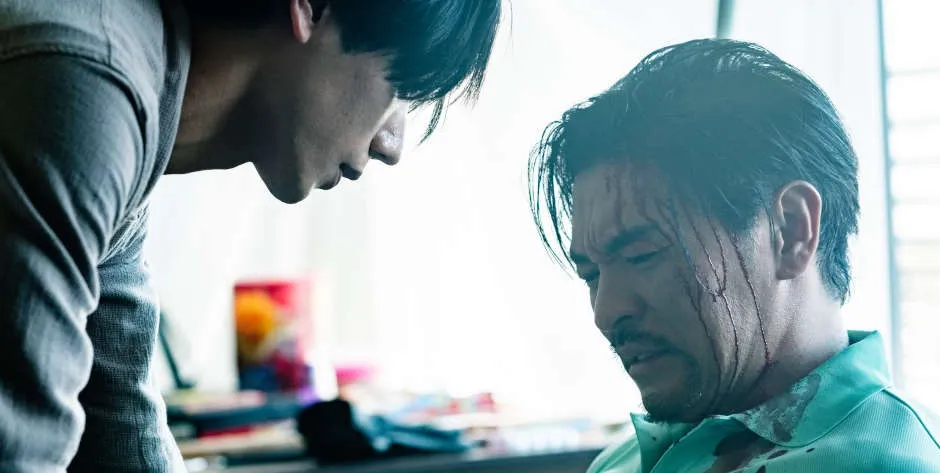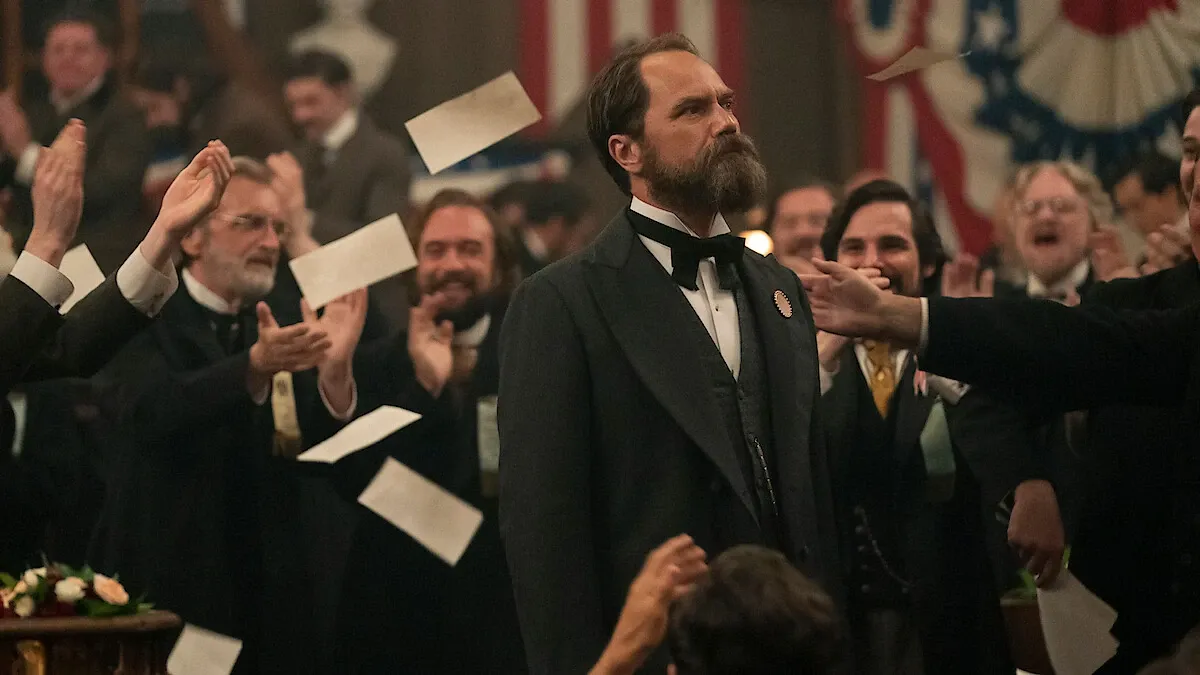(DOPE IS DEATH is playing at DocPoint 2021 now.)
★★★★★ | Heartbreaking truths
DOPE IS DEATH, from director Mia Donovan, is a fine example of the power of journalism and intrepid legwork. Put together from exhaustively researched and presented archival footage, interviews, and stone-cold evidence, it is an impeccable indictment of a society set on destroying a portion of its population at any cost.
Charting the rise and fall of the Lincoln Detox center, founded by The Young Lords and the Black Panther Party in the 1970s, DOPE IS DEATH is, above all else, a portrait of intense humanity. It bears witness to the heroin epidemic that ravaged the black community and the heroes working on the front lines to save their homes and people.
What begins as a portrait of civil disobedience quickly grows into an expansive exploration of social justice in America. Flowing throughout the decades up to the present day, DOPE IS DEATH is vividly realized and alive but struggles to hold on to every strand it unravels. At just 80 minutes, the film can’t cover everything at the length it deserves, even as Donovan’s directing is driven by purity of vision.
At its best, DOPE IS DEATH works as a revelatory statement of societal ills that plague America even today. It digs deep into the foundations of institutional racism, manufactured poverty, and a justice system designed to oppress those without power. In one deeply troubling archival interview, members of the Black Panther Party discuss the futility of turning in confiscated heroin to the police, as it would return to circulation in Harlem the same evening.
Instead, those dubbed “the new radicals” (sound familiar?) take an alternative route by overtaking a decrepit hospital and turning it into a treatment center. There, using acupuncture, they begin healing those the government sweeps under the rug. At the time, the solution for heroin addiction by the establishment was to replace it with methadone, which is kind of like quitting drinking by taking up smoking.
It’s here that DOPE IS DEATH unravels some as the scope expands. We follow The Young Lords, Puerto Rican activists working to improve healthcare for everyone in the South Bronx; we also meet Mutulu Shakur, later convicted of armed robbery of an armored car, and we witness the rise of Reaganism, further propelling the black and Latinx communities into despair.
All of this is fascinating and intensely important, and Donovan handles her material expertly. The research and uncovered footage are both staggering. But they’re also overwhelming, and not all of it gets the attention they deserve. It isn’t necessarily a bad thing. It just means the topic is far more wide-reaching and systemically prevalent than a single documentary can follow.
Then there is the unexpected vagueness and elusiveness that Donovan reserves for Shakur, a conflicted character no matter how you look at it. One of the heads of the acupuncture program, Shakur undoubtedly did much for his community. Still, his relationship with a holdup that left behind bodies and numerous questions remains unexplored in favor of scrutiny towards his incarceration.
Regardless of how you feel about Shakur’s activities, his half-century conviction without a chance for parole should come off as inhumane to anyone. Donovan draws parallels between the justness of illegality for the greater good on a grand scale, and her arguments are compelling. After all, watching Ronald Reagan shout down his potential constituents as they desperately plead for help should make any sane person remember what a horrific and devastatingly lasting impact he made on America.
But the successes of DOPE IS DEATH are greater than its failings. After all, you can’t knock a documentary for too interesting. Donovan is a world-class storyteller, and she gives the Black Panthers and the Young Lords a human face, and shows just how strong and twisted the propaganda machine against them has always been. Their activism and compassion is intensely moving.
In the end, Donovan weaves the narrative together into a humane, if anguished finale, by bringing it all back to the present day. Interviewing the workers at Lincoln Center today, she reminds us that who we once were is not who we can be, and how incredible the power of kindness is in making a change for good. As we see the real-time effects of the treatment take place, it remains an even greater mystery how much banal evil it takes to try and prevent this from happening.
But that is a story still unfolding before our very eyes. I hope Donovan is there in the future to document it.












